Scientist Action and Advocacy Network
We are a New York-based group of scientists who partner with organizations that are creating positive social change.
We are a New York-based group of scientists who partner with organizations that are creating positive social change.
Our members are doctoral students, PhD-holding research scientists, and professors who donate their skilled labor and expertise to our partner organizations. We compile brief, targeted literature reviews, and analyze pre-existing data. We can also serve as guides to particular domains of scientific knowledge. Our current partners include the Plastic Pollution Coalition, Central Maryland Transportation Alliance, Environmental Investigation Agency, and Environmental Data and Governance Initiative.
In partnership with organizations such as the Union of Concerned Scientists and the Society for Neuroscience, our members have lobbied our elected officials to support evidence-based policies and scientific discovery. We also promote candidates with pro-science platforms.
Are you a scientist who wants to get involved or an organization that is interested in partnering with us on a project?
Get in touchThis resource guide was made by neurodivergent scientists for the broader scientific community. Its purpose is to present and define basic concepts while answering frequently asked questions about neurodiversity and the active (and often harmful) role scientific researchers play in the trajectory of disability rights. This guide aims specifically at clarifying current perspectives on autism that anyone interested in the sciences of neurological, cognitive and psychological development should be familiar with. The overarching goal is to shift our collective thinking about developmental disability research by building new frameworks that amplify and integrate the experiences of the neurodivergent community.
You can
Adolescents taken into custody for suspected criminal activity are entitled to the Fifth Amendment rights protecting against self-incrimination. The Miranda warning informs those in custody of their Fifth Amendment rights, which individuals can choose to waive or invoke. Current law in New York states that when an adolescent is in custody, police must attempt to contact the teen’s parent to advise on a Miranda decision, but if the parent cannot be contacted, the teen may make a Miranda decision alone.
In this knowledge brief, written in partnership with public defenders at The Legal Aid Society, we summarize research findings on adolescent development relevant to an adolescent’s decision-making ability when presented with a set of consequential legal concepts in a stressful, emotional context (such as that presented when a teen is arrested). Evidence from developmental science suggests that normal brain and psychological development during adolescence may prevent teens from making valid decisions about their Miranda rights. We also provide evidence that parental advice is not sufficient to assist youth in making a Miranda decision.
You can
New York City policies encourage the placement of polluting infrastructure, including waste transfer stations and energy facilities, in seven areas designated as Significant Maritime Industrial Areas (SMIAs). In 2010, the New York City Environmental Justice Alliance (NYC-EJA) launched the Waterfront Justice Project in part to raise awareness that SMIAs are predominantly located in low-income communities and communities of color. Moreover, because SMIAs lie in areas that are vulnerable to storm surge, as sea levels rise, the nearby communities are increasingly likely to be inundated with toxic flooding from SMIA sites.
In 2014, the NYC-EJA published a peer-reviewed report with maps demonstrating these findings. In collaboration with NYC-EJA, ScAAN is working to take the data shown in these maps and create an interactive web map so that anyone can easily explore the data for themselves. The interactive map makes visible the overlap between low-income communities and communities of color, storm surge zones, and SMIAs. ScAAN supports the NYC-EJA in their efforts to use this data to lobby City Council to reform SMIAs and address climate adaptation issues.
ScAAN is also working with NYC-EJA to determine the true NYC heat mortality rate, for which there are currently widely varying estimates. Working class communities of color are particularly vulnerable to the negative health effects of extreme heat, but it is difficult to address the problem without knowing the true heat mortality rate. We have found that the various estimates are based on different statistical models and datasets, and we are investigating these differences in detail. We join NYC-EJA in calling on the NYC Department of Health and Mental Hygiene to make daily-level mortality data available to the public, and to focus more resources on the study of heat mortality, a problem which is likely to worsen with climate change.
In 2016, the New York City Council adopted the "Bring your own bag" law, requiring that all retailers in NYC charge a 5-cent minimum fee for each carryout bag provided at checkout. A coalition of non-profits and community organizations, BagItNYC, supported this legislation. However, the New York State Senate and Assembly voted in February 2017 to nullify the law, and Governor Cuomo established a moratorium preventing the City Council from moving forward with a new bill involving bag fees until January 1, 2018. However, Cuomo also established a Plastic Bag Task Force to develop a statewide plan to reduce the use of single-use plastic bags.
There are strong environmental reasons for reducing the use of single-use plastic bags, and there are strong economic and psychological reasons to favor a fee over other solutions such as a monetary incentive to bring a reusable bag. Therefore,
ScAAN supports the efforts of BagItNYC and has prepared a knowledge brief to summarize scientific arguments for fee-based legislation to reduce single-use bag use. You can
Until recently, New York State and North Carolina were the only two states to prosecute all 16- and 17-year-olds as adults, incarcerating them in adult jails and prisons, severely affecting their re-entry, rehabilitation, and social development. Raise the Age NY is a campaign that supports a comprehensive approach to raising the age of criminal responsibility in New York State.
In partnership with Raise the Age NY, we compiled a report of the most current research on adolescent brain development. The research shows that the adolescent brain is different from the adult brain: it is still under development, and very sensitive to life experiences. This means that the trauma induced by incarceration can have long-lasting effects. However, it also means that the adolescent brain should be particularly amenable to rehabilitation in programs that recognize the difference between adolescents and adults.
As New York legislators were drafting a bill to raise the age, we went directly to lawmakers to share the research summarized in our report.
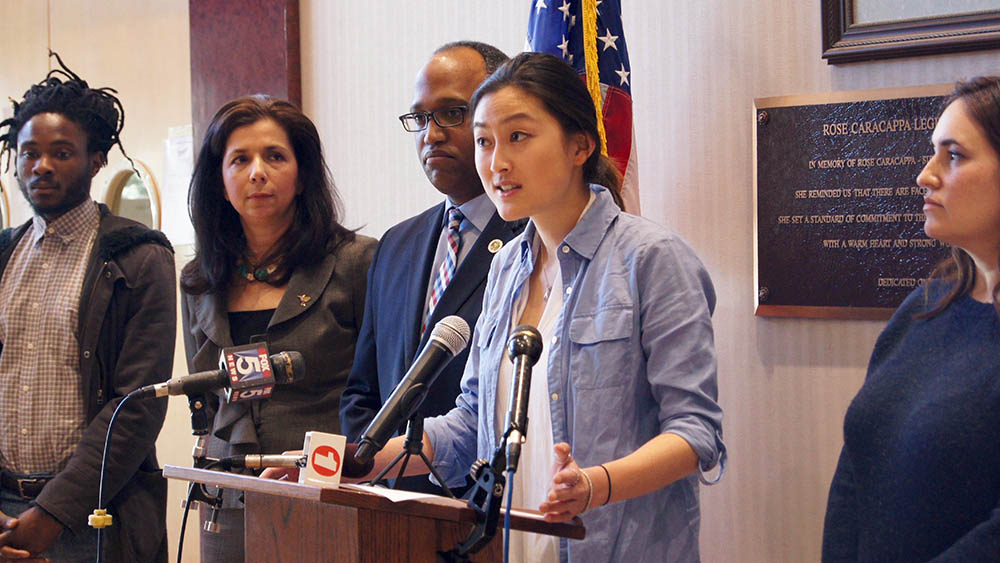
You can
In April 2017, after years of debate, Governor Cuomo signed legislation to raise the age of criminal responsibility to 18 years of age.
People living in solitary confinement spend 22-24 hours a day in a jail cell the size of a parking space. In this environment, they are deprived of meaningful social contact, physical exercise, and mental stimulation. These conditions have severe impacts on the individual’s physical and psychological health. Solitary confinement is not only inhumane but counterproductive, leading to increased aggression and higher rates of recidivism. The NY Campaign for Alternatives to Isolated Confinement is working to pass the Humane Alternatives to Long-Term (HALT) Solitary Confinement Act in New York State, a bill which would limit the use of solitary confinement in favor of more effective alternatives.
We compiled a brief report on the psychological and neurological consequences of solitary confinement. The NY Campaign for Alternatives to Isolated Confinement has used the report to lobby for the HALT Act in Albany. You can
Additionally, we have partnered with Solitary Watch, a national watchdog agency. Our next project is to make factsheets for their website, in order to increase public awareness of the effects of solitary confinement. We also plan to help them analyze survey data that is currently being collected from prisoners in solitary confinement.
Currently, in order to enroll children in public school or kindergarten, parents in New York State have to present evidence for several immunizations, including measles, polio, hepatitis B and others. Efforts such as Senate Bill S6141 attempt to pass legislation that would increase the ease of availability of religious of philosophical exemptions and could further weaken the immunity of communities.
There are strong reasons to curtail the availability of vaccination exemptions in schools. We compiled a report outlining relevant research : 1) how herd immunity is achieved and how it serves to protect communities from disease outbreaks, 2) how increased ease of access to vaccine exemptions leads to decreased vaccination rates, impaired herd immunity and costlier outbreaks, and 3) how legislation in other states has served to increase vaccination rates and lead to better public health outcomes.
You can
We are pleased to announce a Canadian ScAAN sister organization: the British Columbia Scientists for Evidence-Based Policies (BC SEBP). Their first project will be a free webinar with the Drug Policy Alliance (DPA), detailing good data visualization and presentation techniques. The webinar will take place on Sept. 24 at 2 p.m. (EST): register in advance here.
BC SEBP is recruiting! If you are interested in becoming a member, contact Holly Engstrom.
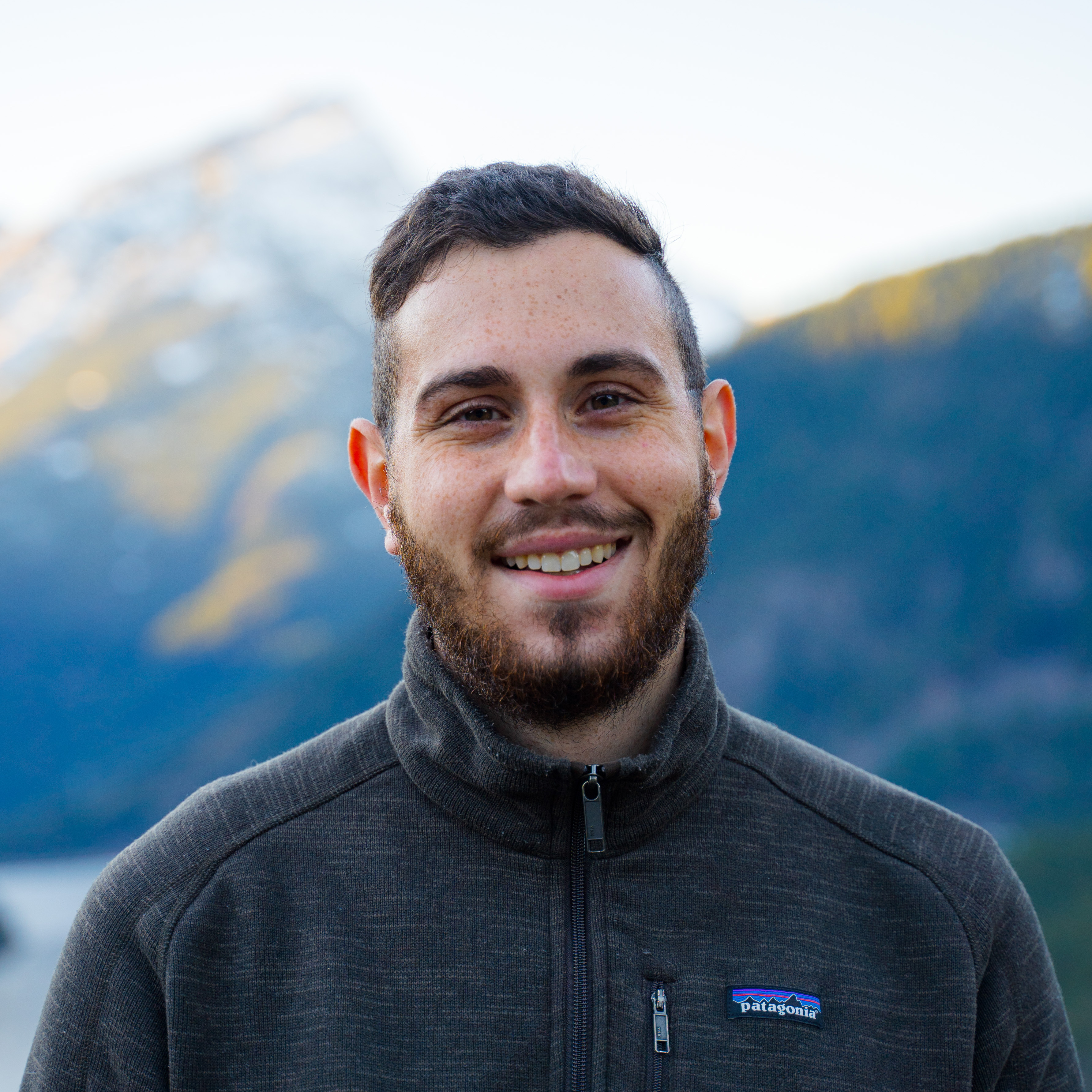
Ionatan is the president of ScAAN and a doctoral student at the Center for Neural Science at NYU. His research uses computational and mathematical tools to better understand how people plan sequences of actions. He is particularly passionate about climate change and the environment, as well as helping advocacy groups with data analysis and visualization.
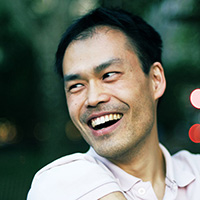
Wei Ji is a professor of neural science and psychology at NYU, where his research group studies human decision-making, perception, and working memory. He is the first author of an upcoming textbook on mathematical models of behavior. He has long-standing interests in education policy, non-profit management, and science outreach. He is the co-founder and chairman of the board of the Rural China Education Foundation, a 501(c)(3) non-profit organization which aims to improve the quality of primary education in rural China through student-centered teaching methods, community-based content, and sustainable teacher professional development.
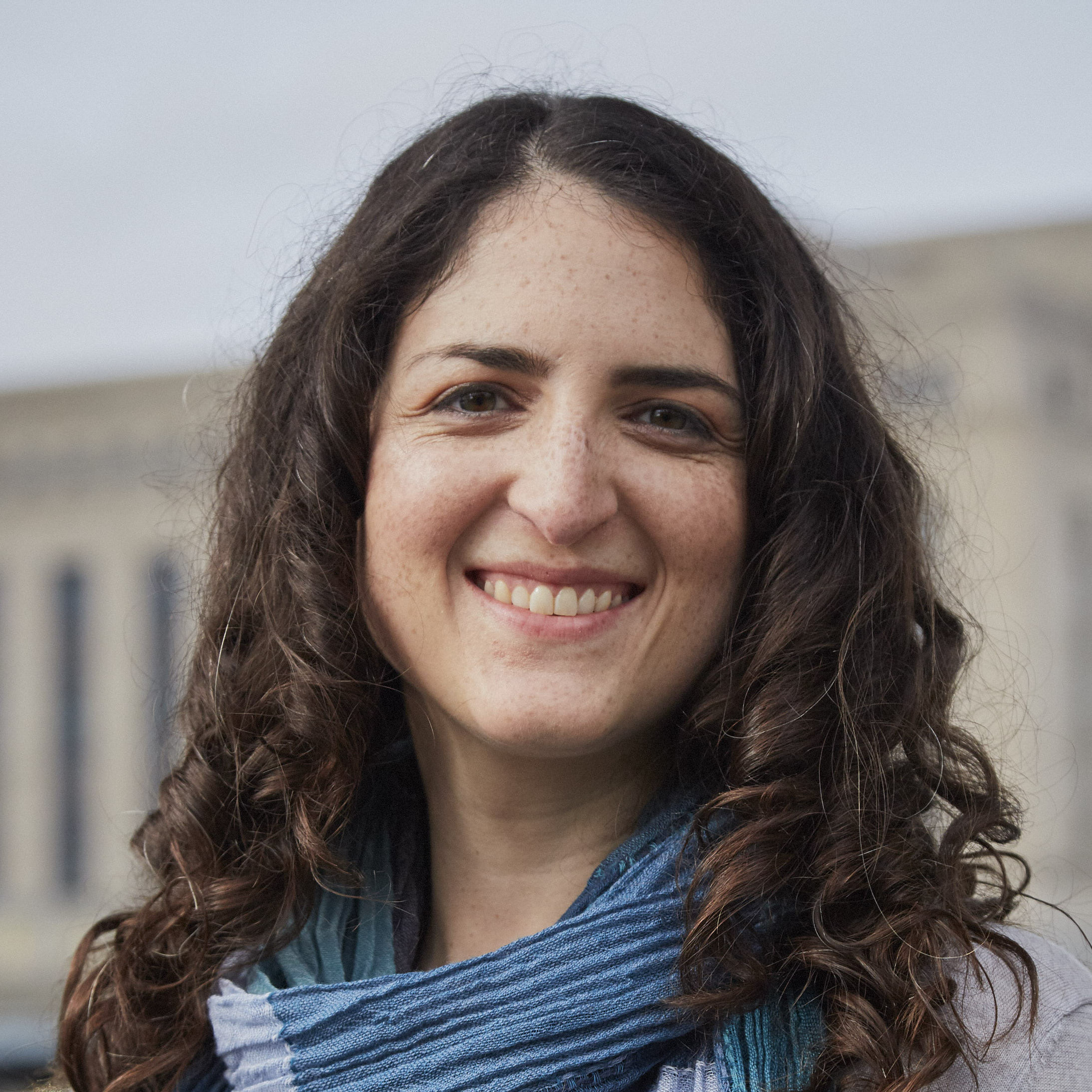
Gail is a postdoctoral researcher at NYU studying developmental cognitive neuroscience. In particular, she is interested in understanding the neural correlates of adolescent risk taking. In ScAAN, she focuses on juvenile justice-related projects, and she is currently co-chair of the Miranda Rights project.
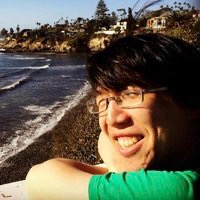
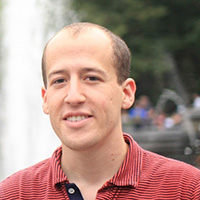
Will is the founder of ScAAN. Since graduating from the Center for Neural Science at NYU in 2018, he has worked on technology policy and electoral reform. He currently works at the Center for Democracy & Technology in Washington, DC.

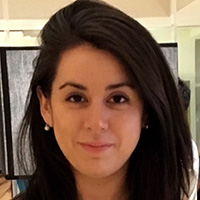
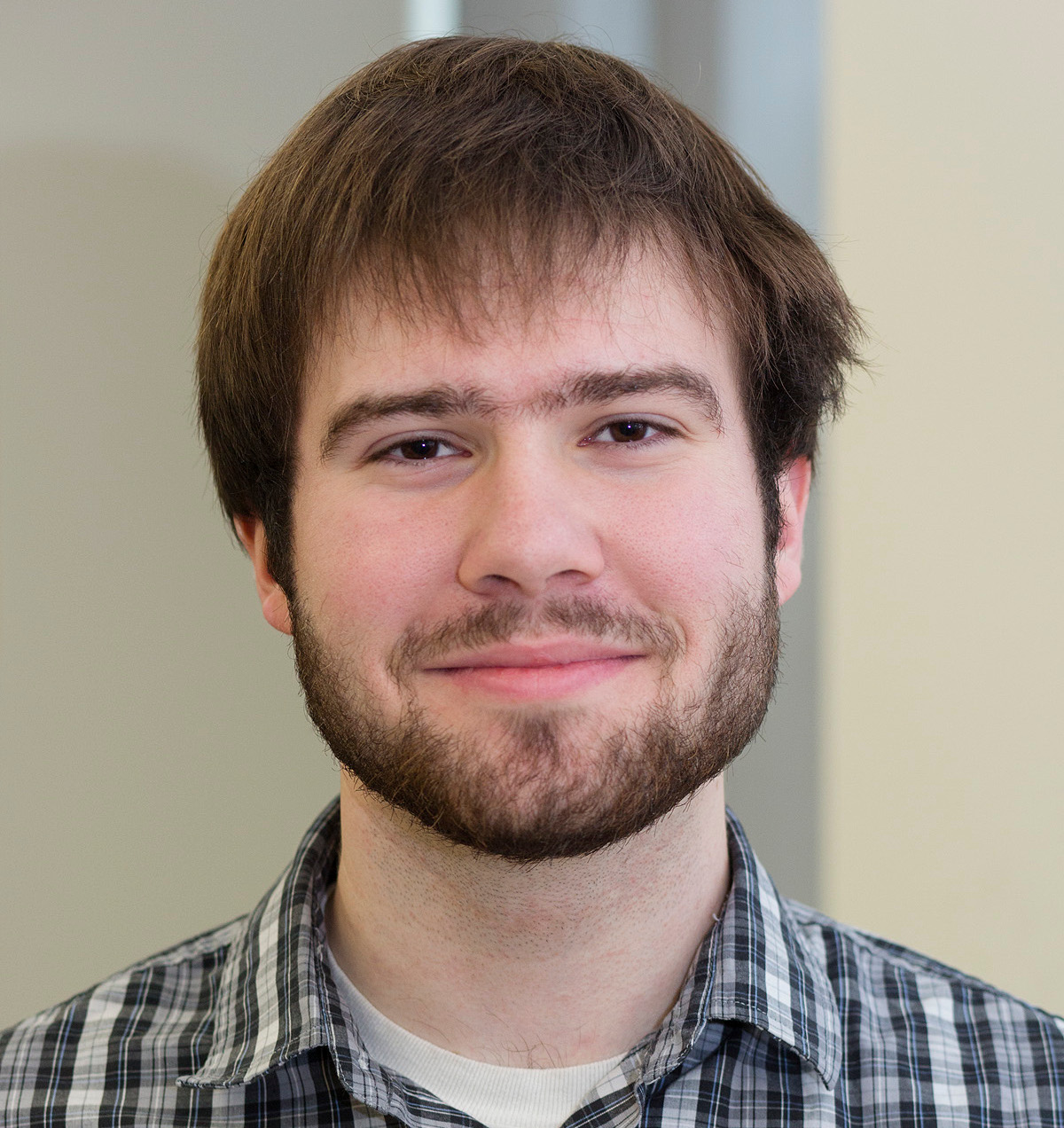
Billy is a doctoral student in the Center for Neural Science at NYU. His research uses computational models and human neuroimaging to understand the processing of visual information and he is an advocate for open science. He is interested in helping progressive organizations use their existing data and collect new data to better understand their supporters and campaigns.

Arianna is a Postdoctoral Fellow at NYU. She uses neuroimaging techniques to investigate how the brain processes language and generates representations at different levels of complexity. She is actively engaged in promoting equity for Women and Girls in STEM and in the broader community.
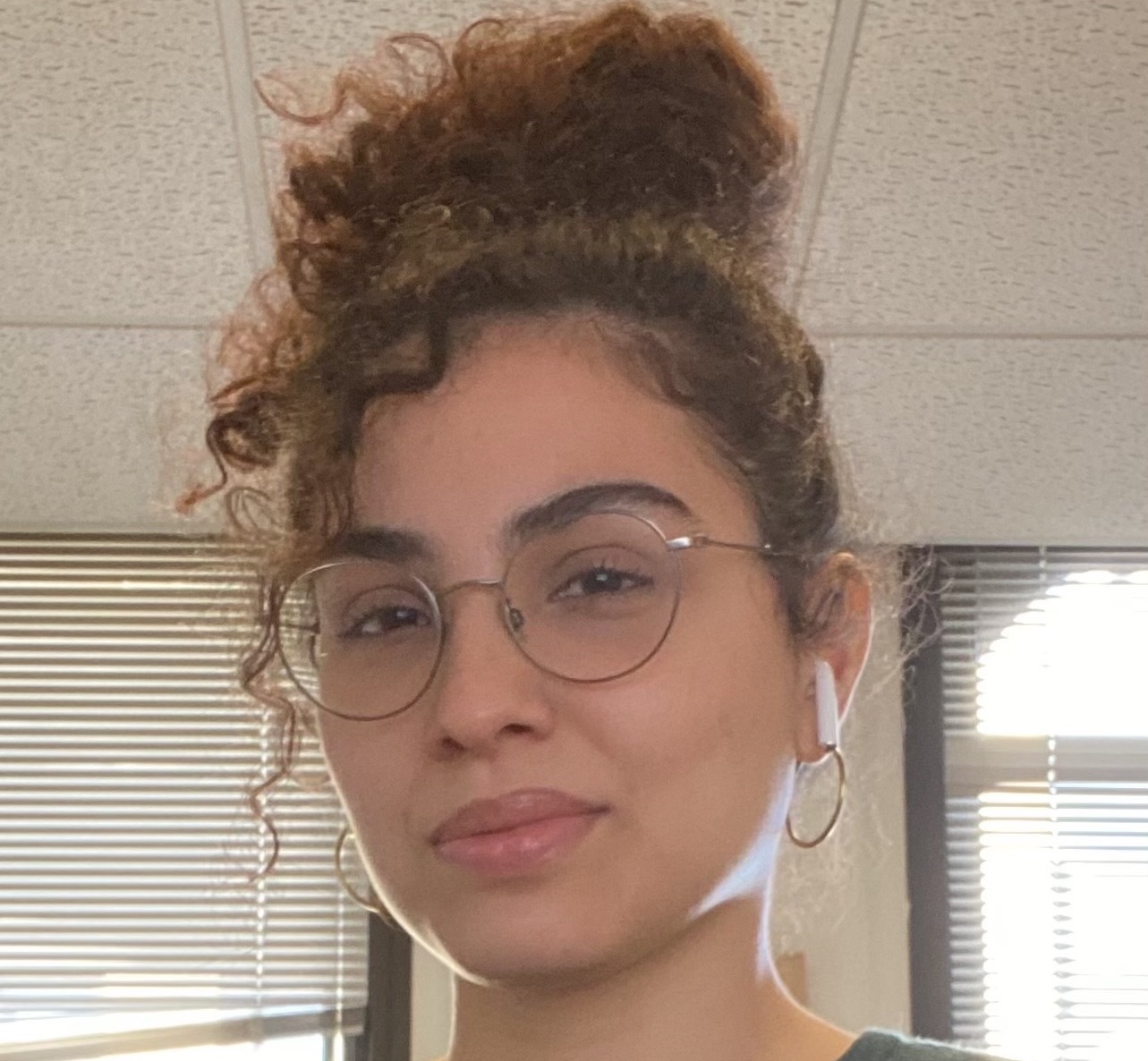
Carla is a doctoral student in the Center for Neural Science at NYU. Their dissertation research aims to understand why infants see poorly despite having fairly well-developed eyes. They are passionate about shifting research frameworks of developmental disabilities such that scientists are researching for and with the people, rather than on them.
Andra has worked with Raise the Age NY and Solitary Watch and led the communication project on vaccination and herd immunity.
Milenna was project co-leader on ScAAN's collaborations with the NY Campaign for Alternatives to Isolated Confinement and with Solitary Watch.
Stephen contributed research on the social and biological factors which contribute to learning and cognitive development, particularly within the context of stress and poverty.
Jessica lobbied elected officials about the critical need for strong funding of science research and contributed scientific literature research on criminal justice policy.
Natalie worked on the Miranda rights brief in partnership with public defenders at The Legal Aid Society.
Silvia contributed research on the connection between drug addiction and decision-making to support the fight against juvenile incarceration, racial profiling, and the criminalization of drug addiction.
EG contributed research on the regulation of plastic bags in New York City and on juvenile justice reform.
Kristina co-led ScAAN's collaboration with the NY Campaign for Alternatives to Isolated Confinement and Solitary Watch, fighting to bring an end to solitary confinement.
David led a project on heat-related deaths in NYC in collaboration with the Metropolitcan Council on Housing.
Maxi contributed to several juvenile justice projects, collaborating with policy and advocacy organizations to inspire social justice solutions.